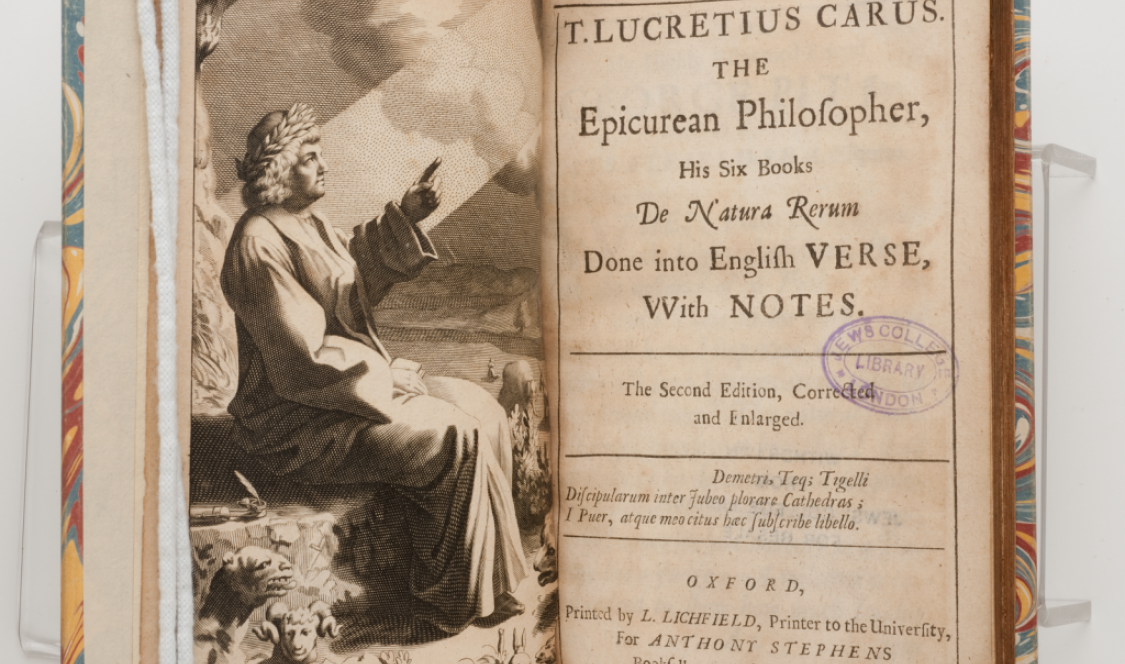He’s traded Elizabethan quips with comedian Stephen Colbert and reimagined Shakespeare’s daily life—now Harvard Professor Stephen Greenblatt comes to CMC Wednesday, October 23, to explain why the recovery of an old, lost book, described in the following passage, is so important for the modern world:
When [the recovery] occurred, nearly six hundred years ago, the key moment was muffled and almost invisible, tucked away behind walls in a remote place. There were no heroic gestures, no observers keenly recording the great event for posterity, no signs in heaven or on earth that everything had changed forever. A short, genial, cannily alert man in his late thirties reached out one day, took a very old manuscript off a library shelf, saw with excitement what he had discovered, and ordered that it be copied. That was all; but it was enough.
Taken from Greenblatt’s book The Swerve — winner of a Pulitzer Prize and National Book Award — the passage refers to 15th century book hunter Poggio Bracciolini’s stunning discovery of De Rerum Natura by the Roman poet Lucretius, nearly forgotten as it crumbled into dust on a shelf in a German monastery.
Though born more than 2,000 years ago, Lucretius could be a part of our age — the views he expresses on science and atomic concepts (“all,” he says in the poem, “are sundered into particles of matter”) and on organized religion and God’s existence have a decidedly modern flavor and appeal.
Thanks to Poggio’s recovery of the book, these ideas began to recirculate during the Renaissance and had a powerful influence upon Western Civilization. The unexpected title of Greenblatt's book, in fact, refers to the impact of Lucretius’ work on currents of intellectual/cultural thought in that era. It caused the intellectual course to "swerve."
 “As Greenblatt did in ‘Will in the World,’ his 2004 study of Shakespeare,’ wrote the reviewer of The Swerve for the Los Angeles Times, “he writes with great charm and cinematic flair as much about the times as about Lucretius and Bracciolini.”
“As Greenblatt did in ‘Will in the World,’ his 2004 study of Shakespeare,’ wrote the reviewer of The Swerve for the Los Angeles Times, “he writes with great charm and cinematic flair as much about the times as about Lucretius and Bracciolini.”
“This book’s pumping heart,” wrote Dwight Garner in the New York Times, “is Mr. Greenblatt’s complicated reckoning with Lucretius’ masterpiece.”
Sponsored by the Family of Benjamin Z. Gould Center for Humanistic Studies, Greenblatt will visit with students, faculty, and other members of the CMC community during a noontime buffet Wednesday at the Gould Center (second floor, Athenaeum) followed by an evening dinner lecture on Lucretius in the Athenaeum.

